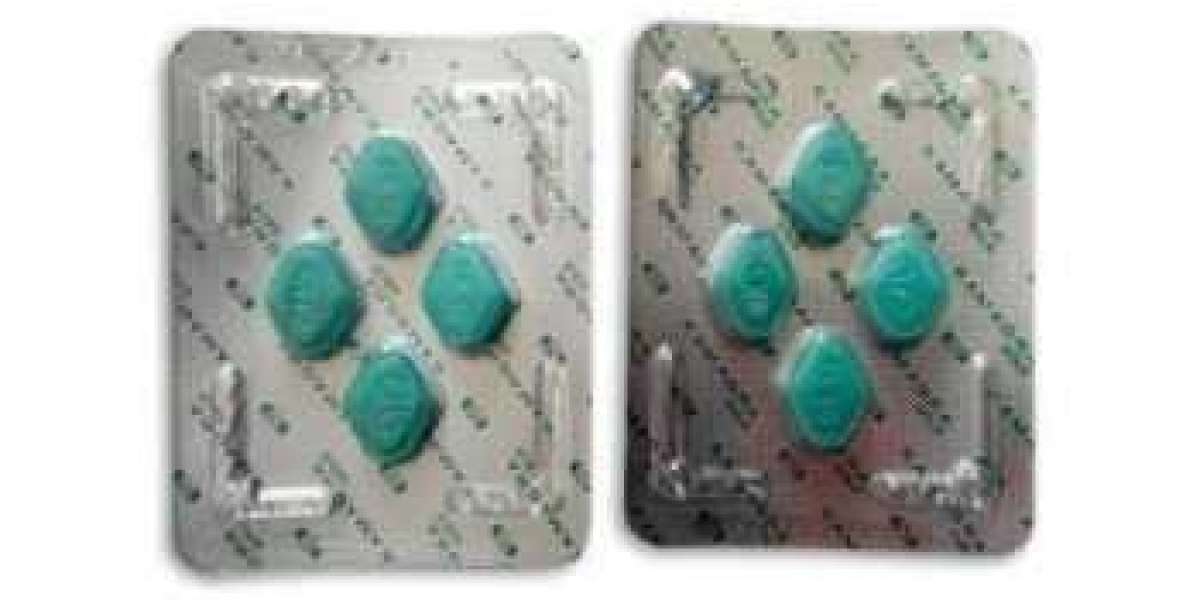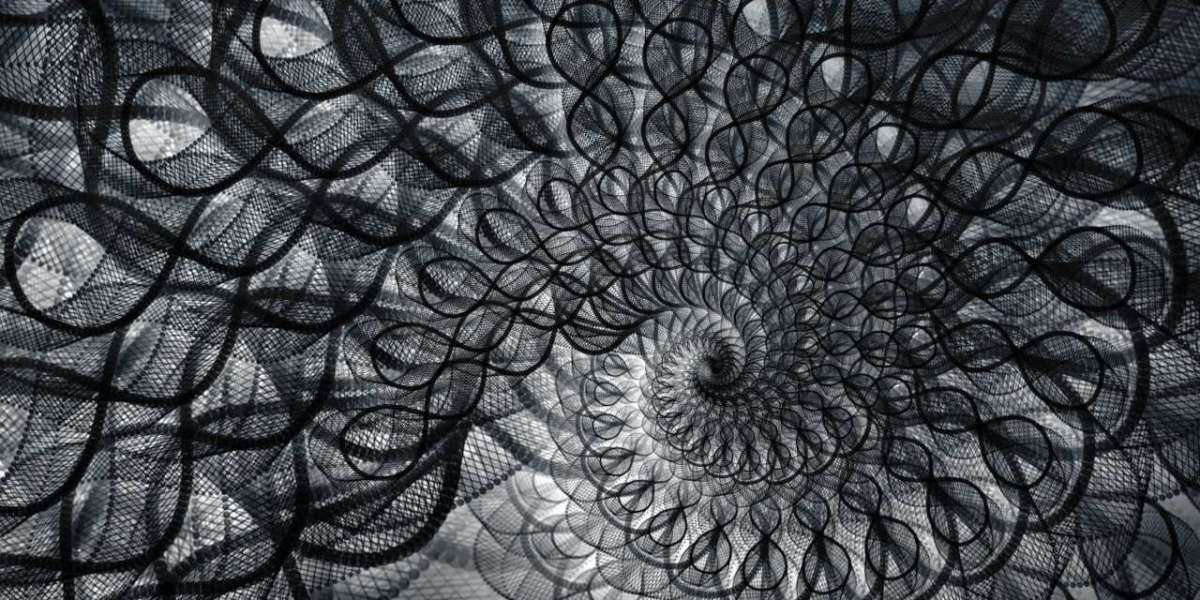Does Polyvinyl Chloride (PVC) Flooring Make You Sick?
When looking for a quick flooring solution, consumers may be tempted to install vinyl or PVC flooring in their houses. This is especially true if the section they want to repair is in a region of the house that is frequently exposed to water, as vinyl flooring is resistant to moisture.
However, there are several disadvantages to using plastic floors. While some are obvious, such as the absence of natural beauty in hardwood floors, others may not be visible to non-experts. One particularly troubling aspect of vinyl flooring is the potential health risks.
As flooring specialists, we'll take a quick look at PVC tiles flooring and why it can make people sick.
What is PVC Flooring?
PVC flooring is simply another name for the more often used phrase vinyl flooring. The material used to make the flooring is polyvinyl chloride, which is represented by the acronym
PVC. Polyvinyl was commonly shortened to vinyl, which most people are familiar with.
Polyvinyl chloride is fused and pressed to create strips of plastic flooring that are often made to resemble wood or another attractive flooring material such as stone or tile. However, PVC strips are typically very thin, frequently less than half an inch, and while they can be wear-resistant due to the material used, some users remark that they feel more like a mat than true flooring.
Dangers of PVC Flooring
While the resilient substance used to make vinyl floors may appeal to some homeowners wanting to put them in a place where more damage is expected, such as a kitchen or bathroom, this material does have certain drawbacks, most notably the health risks associated with it.
In recent years, additional research have been published associating PVC flooring to health problems such as asthma and even uncommon malignancies. The reason for this is the chloride from whence the name polyvinyl chloride is derived. Most of these floors are made of recycled plastics to minimize production costs; nevertheless, these polymers contain harmful chemicals that are released when they degrade, exposing the material to risks such as lead and phthalates.
Compounding the health risks posed by PVC is the production of toxic chemicals that can harm the health of anyone exposed to them, particularly the class of chemicals known as dioxins, which are carcinogenic chemicals that can remain in the environment for a long time and accumulate in an individual's body, potentially leading to health problems.
Is PVC flooring safe?
The safety of vinyl flooring is going to depend on your specific circumstances at home. The chemical poisons in PVC flooring are discharged into the home as dust and can collect in the air, but in a compact space where humans are rarely exposed, this risk is decreased.
However, if you have young children at home, you should be aware of the risks associated with vinyl flooring, as youngsters have been proven to receive up to ten times the exposure as adults due to their frequent play on the floor.
Now that you have a greater understanding of the risks associated with PVC flooring, you can decide which type of flooring is best for your home. Every home has unique needs, but as hardwood flooring experts, we are great advocates of hardwood.








